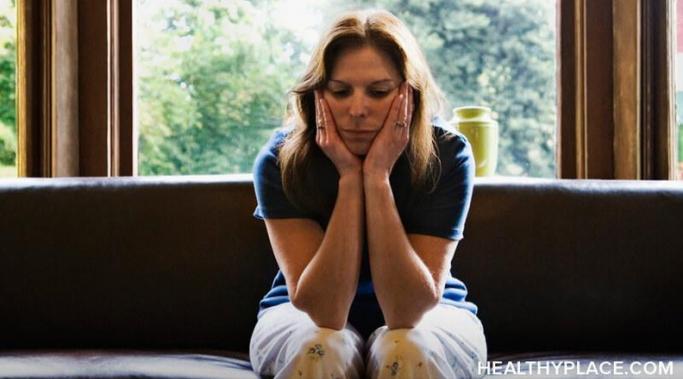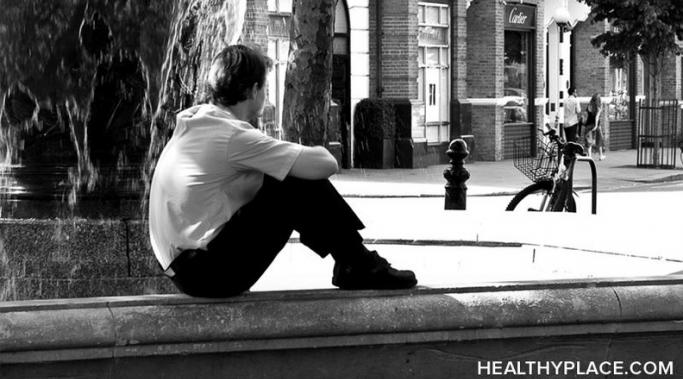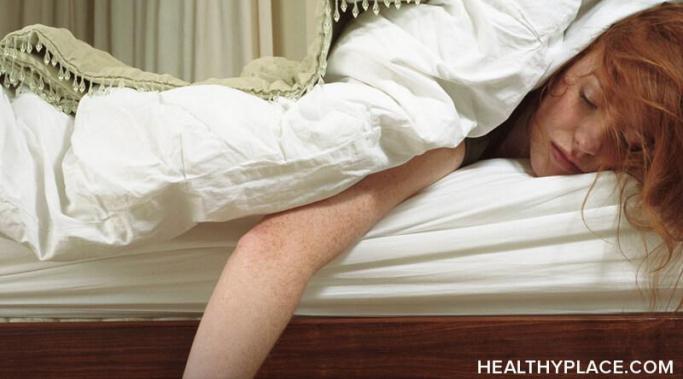I find I can heal through nature. Not only is the great outdoors a place of wonder, but it's an excellent tool for those with mental illness. There are many tactics to harness the healing power of nature and all it has to offer, which comes in handy when anxious or depressive thoughts start to creep up.
Coping Skills
I've used art to manage my mental illness. Art and tapping into creativity is an excellent source of self-therapy. When I was in intensive therapy during a difficult point of my life, I was introduced to art as therapy. I was skeptical at first, but the idea that art could help manage my mental illness and be soothing and stress-relieving opened a new door for me in my recovery.
Times get tough, and I'm not immune to wanting to shut the world out when it feels too loud, too heavy, or simply too much; that's when distraction and escapism come into play. Sometimes, a little mind vacation is needed. Just like physical vacations, it can be helpful to mentally check out momentarily to rest and reset. But as with most things in life, there is a balance, and tipping the scales can have harmful consequences.
As I recovered from my mental illness, I still had an overwhelming, heavy feeling that I was behind in life. I spent so much time asking myself what I had done wrong when I really should have asked myself, "Why do I feel this way?" Comparing myself to others was a dangerous, harmful game, and at the end of the day, I was the only one keeping score in being behind in life.
Breathwork can help with anxiety. Sometimes, when it comes to managing mental health, it's best to go back to the basics, like breathing. It seems too simple, and it is simple, but that doesn't make it any less important. Breathwork is an amazing tool to refocus, calm one's mind, and work through moments of high anxiety. The best part is that it can be done anywhere at any time.
Finding yourself falling into an anxious spiral is scary, and it's easy to feel out of control. Luckily, there are some physical skills you can utilize to fight off this feeling. Sometimes, in an anxious spiral, it's difficult to think clearly, so when I face those issues, I tend to lean into physical practices, meaning that I'm doing an action using my body and not necessarily my mind to find comfort. Using physical practices is a great way to center yourself and regain emotional balance.
One thing life guarantees is that there will be changes in recovery. As fall rolls in, I've reflected on all the changes that come with a new season (temperature, holidays, sunlight, etc.) Life is full of changes, whether environmental (like the seasons), personal, or professional. Changes are difficult for anyone but can be especially difficult for those recovering from a mental illness. So, during change, I ask myself, "What can I do to find a sense of stability and handle my anxiety?"
When I had nothing but my mental health struggles, I had writing. I had no answers. I had no knowledge of how to fix or stop my pain. I only had emotions simultaneously carving out and bursting from my aching chest, so I tried to put them into words. In doing so, without knowing it, I was writing my way to recovery.
Recently, my therapist pointed out that even though I'm pretty good about basic self-care, like getting enough sleep and drinking water, I've been neglecting my emotional self-care. As soon as she said something, I knew she was right. I'd been avoiding my emotions by refusing to engage in anything that might make me emotional, like journaling, sad movies, or even listening to music. So I decided it was time to revamp my emotional self-care with these three basic changes.
No matter how much coffee I drink, I am exhausted all the time, and it's because of my mental illness. Recovery is hard, but sometimes it's not even about recovery, it's just about getting through the day, and that's where I'm at right now. I have to fight to do anything; even getting dressed in the morning is a battle. As I sit typing this, my hands feel heavy, and with every breath, I want to quit and go back to bed.









